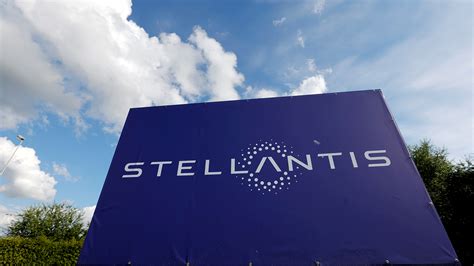To capitalize on a brief spike in demand, automakers are enticing consumers with discounts, but they are also cautioning policymakers that if tariffs are maintained for an extended period, they will have to drastically increase prices.
Nissan announced that it would lower the price of its 2025 Rogue and 2025 Pathfinder to “improve affordability for customers facing a challenging car-buying landscape.” Hyundai promised to keep sticker pricing for its current models the same until June 2.
According to General Motors, it has not changed its April incentive offers.
After Ford Motor made a similar move, Stellantis, the parent company of Chrysler, Dodge, Jeep, and Ram, announced it will expand its employee-discount program to the general public on a few new models.
Stellantis is giving shoppers the option of taking employee-incentive pricing, which slashes thousands of dollars off the vehicle, or accepting current retail incentives. This program runs through April 30.
“This week we launched aggressive and consistent incentive and marketing support for April, including an exciting and competitive enhancement that will allow our customers ‘America’s Freedom of Choice’ between employee price or current cash incentives,” a Stellantis spokesperson said in a statement.
Edmunds, a website for car shoppers, reports that as of early April, automakers had an average of 48 days’ supply on dealer lots. At 64 days, the Ford brand was above the industry average and comparable to Stellantis’ Jeep brand. Ram had a robust 70 days of stock, whereas the Chrysler brand had only 15 days. Hyundai had 60 days and Nissan 42 days.
Although sales have increased temporarily as a result of the tariffs, American automakers have quietly cautioned policymakers that if the tariffs continue, they will have to significantly boost prices.




